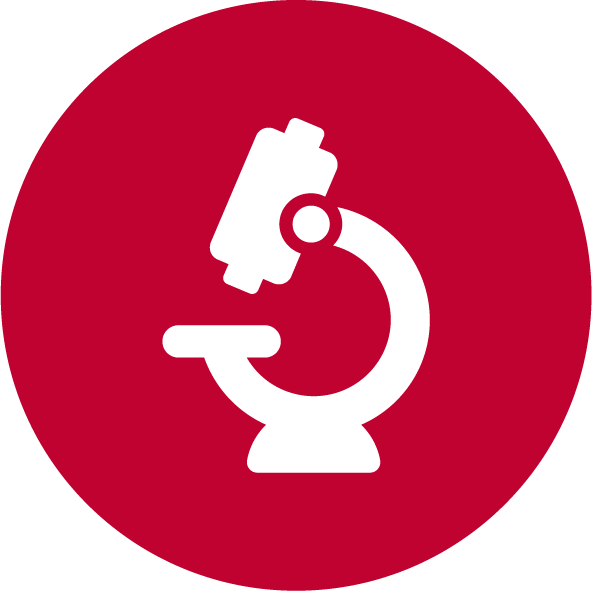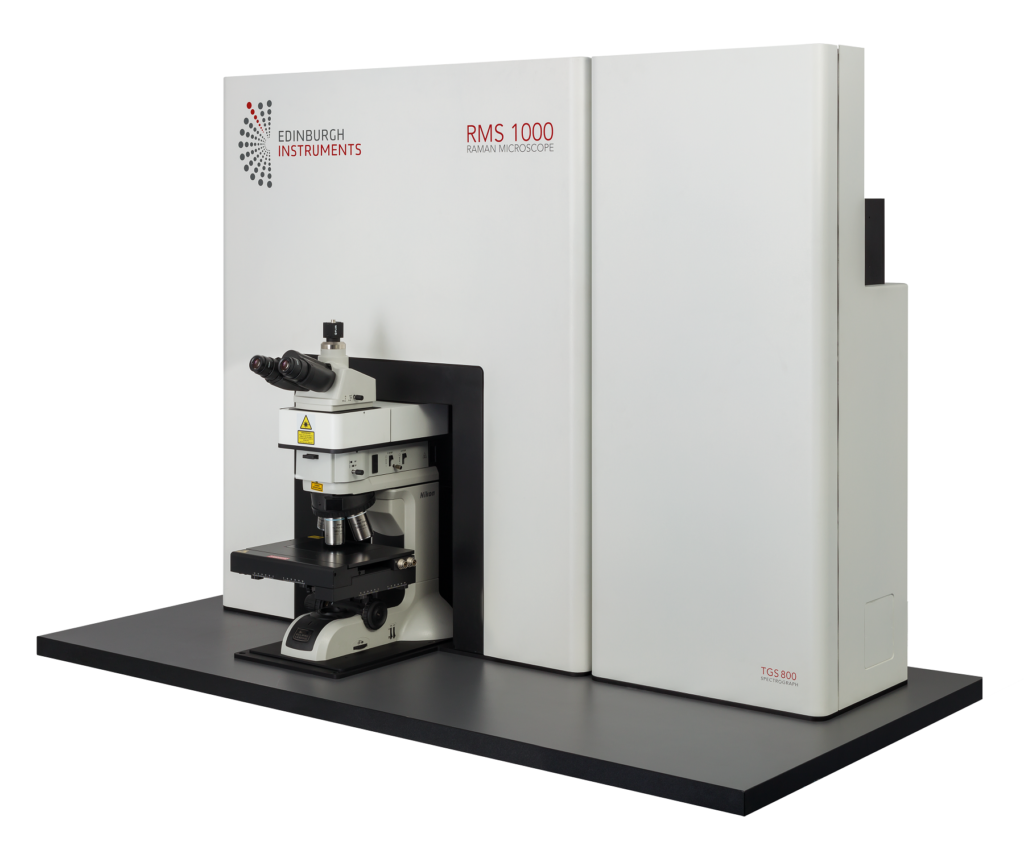


















Our product range includes Photoluminescence, Raman, UV-Vis, FTIR, and Transient Absorption spectrometers. All of our products are designed and manufactured in the UK. With a commitment to innovation and quality, Edinburgh Instruments continually pushes the boundaries of scientific discovery. Explore our comprehensive product range that can elevate your research capabilities.
Visit the Techcomp website: Techcomp Ltd.
Other members of the Techcomp Group include:






We are fully committed to operating at the forefront of scientific innovation in a sustainable, ethical and socially responsible way. We embed policies that promote sustainability, equality, diversity and inclusion into day-to-day business processes and culture. Through innovation, collaboration, and responsible practices, we work continuously to reduce our carbon footprint and to manufacture sustainable products that drive scientific progress. We are the proud signatory of the ‘Opening up Photonics’ principles of the SME Climate Commitment, and we are actively working towards achieving our environmental objectives – 50% emission reduction by 2030 and fully Net Zero by 2040.
In 2023 we reported a reduction of 14% of our Scope 1 & 2 emissions from our 2021 baseline.
To read our full SME Climate Report for 2024, please click here.